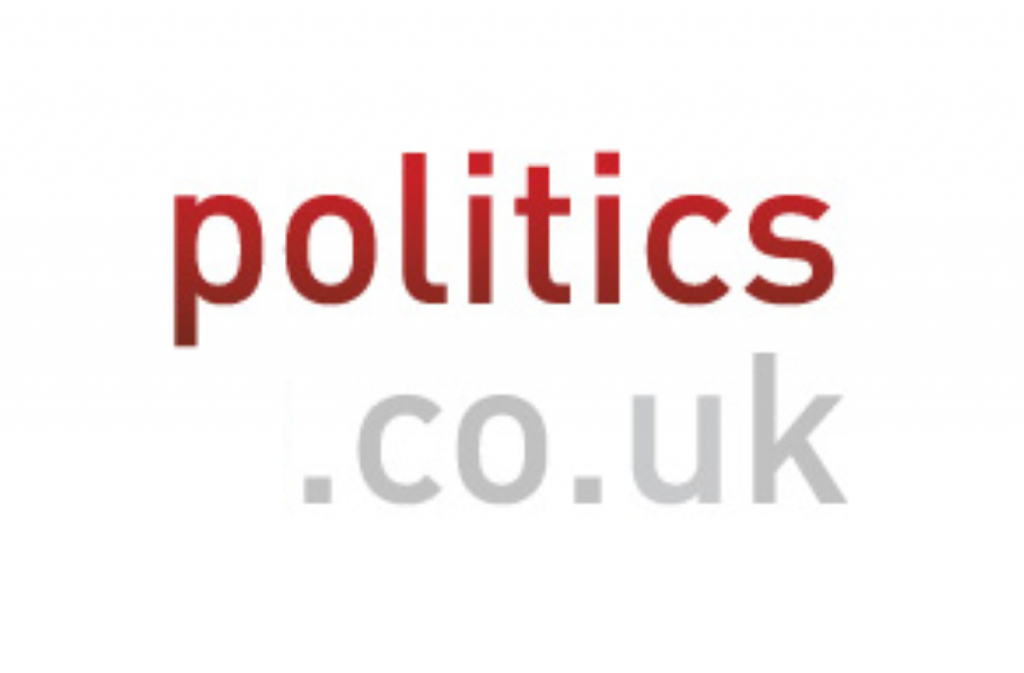The journalist v the shareholder
Politics.co.uk staff
Today a committee of MPs will grill financial journalists on their behaviour during the financial crisis, asking if they may have exacerbated an already volatile situation.
politics.co.uk asks a journalist and a shareholder to put their point of view across. Should there be restrictions on financial coverage in a recession? Or does the independence of the media top all other concerns?
Spokesperson, the National Union of Journalists (NUJ)


“It’s always vital that media have the right to inform the public of matters of serious concern. The notion that movements in financial markets have been consequent on media reports is mistaken and misconceived.
“Operators in the markets know much more about their workings than any journalist. The whole section of the market trading in derivatives is based precisely on this knowledge. Journalists are passing to the public information on the basis of which millions of pounds are already moving on the market.
“If a bank collapses the day after a BBC economics reporter reports that it is in trouble, that is because the bank is in trouble, not because of the report. The NUJ does perceive an element of ‘shoot the messenger’ in proposals to apply restrictions to financial reporting.
“There is a crucial role for business and financial journalists in holding the world of high finance to account. The entire population, at some level, has a direct interest in the performance of financial institutions, and they are entitled to know how they are performing.
“No restrictions on reporting during financial crises will bring any benefit, since the crisis will continue anyway, and will do great harm in preventing the public having the information about it that they need.
“If policy makers are concerned about maintaining trust in the banking system, nothing could be more dangerous than to introduce the potential for consumers to believe that information known widely in the city is being kept from them. It is the banking system that should be examined, not how it is reported.
“Opaque systems that nobody could understand played a key part in the current financial crisis – so if anything greater transparency is needed.”
Roger Lawson: – chair of the Northern Rock Shareholders Action Group
“A lot of the reporting on Northern Rock, especially the front page headlines, was pretty damaging. The business journalists in the middle pages generally did a good job; there weren’t any inaccuracies. But the headlines misrepresented the level of loans and guarantees. Headline writers wrote up the emotions and panic of what was happening.
“It forced the government into taking panic steps. It put them in very difficult position, when it was a fairly minor problem.
“On the whole I’d say Robert Peston has been pretty irresponsible. We want the media on our side so we don’t express our irritation as strongly as we’d like, but I’ve had a lot of emails about Peston. If he hadn’t leaked the story in a very melodramatic way there wouldn’t have been a run on the bank. And if there hadn’t been a run on the bank the situation wouldn’t have been so dire. It wouldn’t have been any worse off than any other bank.
“There is scope for a code of practise. The other aspect is the way it is presented. I don’t know what you do about that. You can’t stop journalists presenting information in the most impactful manner they can. That’s the difficulty. There’s a good case for saying if its confidential information that’s price sensitive it should be disclosed through the proper channels.”

